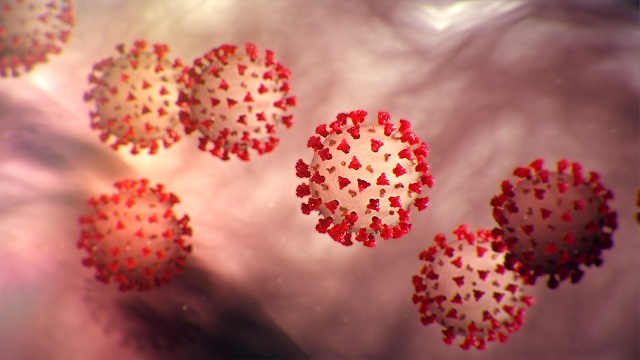
Kampala, Uganda | THE INDEPENDENT | Scientists on the COVID-19 task force are investigating a drop in the number of positive cases reported in the country.
For the last two weeks, results released by the health ministry have shown a drop in the number of positive cases reported.
From January 14, 2021, to the 19th, the numbers of new cases reported were two digits-a contrast from the three-digit numbers the country was used to. With no clear explanation as to what could have led to the decrease in reported positive cases, epidemiologist says they want to carry out investigations.
Dr Misaki Wayengera, the chairman of the COVID-19 scientific committee says they are trying to find out what the decrease in reported numbers means.
“We have taken note of this decrease and we want to see what might be responsible for it,” he said.
When asked whether the decrease might be related to a decrease in infections being registered in the country, Dr Monica Musenero, a senior presidential advisor on epidemics says while this would be good news, it is highly unlikely.
Given the high degree of COVID-19 SOPs complacency that was seen during the just concluded campaigns and elections, Musenero says the country should be experiencing a hike in the number of reported cases and not a decrease.
The decrease in positive cases correlates with a decrease in the number of people testing for the disease. Between October and December 2020, at the height of the political season, an average of 2,000 tests was carried out every day. Since January 15, 2021, this number has reduced to 1,000 tests carried out on average every day.
Early this month, the Director-General of Health Services at the health ministry intimated that the country was facing a looming shortage of test kits which would affect the number of tests carried out in a day.
Musenero attributes the decrease in testing to a decline in demand for the tests. She says people are not as eager as they were to find out their status.
“Around that time we noticed the number of people testing had gone up. Some people were testing because they had to meet the president but there was a spike also from politicians who were testing because they were meeting many people and they wanted to be sure of their status. They were concerned about their lives. But this drop might also be caused by the January effect where many people are broke and cannot afford testing now,” she said.
********
URN
 The Independent Uganda: You get the Truth we Pay the Price
The Independent Uganda: You get the Truth we Pay the Price



